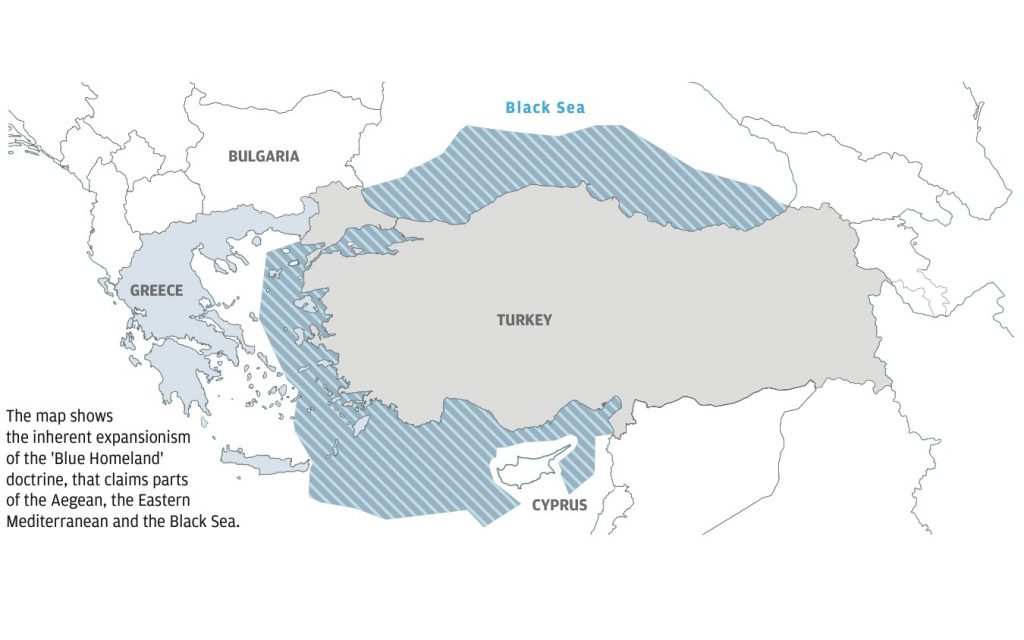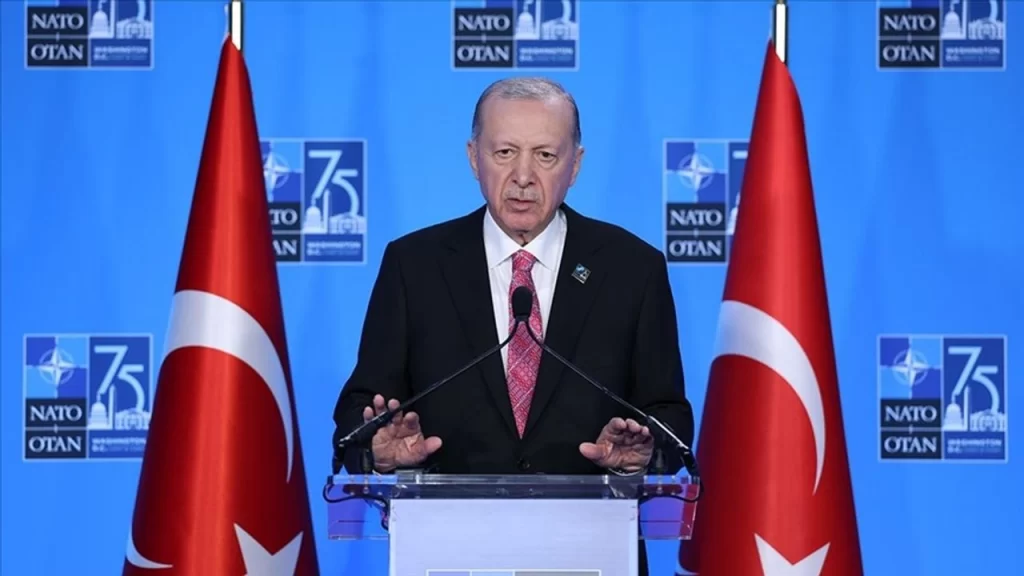Turkey’s Position in the Eastern Mediterranean: Global Consequences and Geopolitical Manoeuvres
Imagine yourself enjoying a freshly prepared cup of tea while lounging on a windy Turkish beach, gazing just out to sea. Out of nowhere, a concept begins to cross your head. “I’m curious as to what’s actually going on beyond that stunning blue sea.” Then, without warning, you find yourself entangled in the complex dance of geopolitics, where the new fronts in conflict are territorial seas, energy resources, and regional power struggles. Greetings from the Eastern Mediterranean! This area may appear idyllic, but behind its surface lies a geopolitical chess match of the highest magnitude. Turkey’s strategy, with its unique geographical position—partly Europe, partly Asia—is right at the heart of this game. Think of it as a critical player, the one making moves that no one can ignore, no matter how hard they try.
Turkey’s Strategy: Gas, Power, and Prestige
Let’s get one thing straight: it’s all about the gas. And no, I’m not talking about the kind that keeps you warm on a cold winter’s night. I mean the kind buried under the sea, the kind that powers nations and redefines alliances. Since the discovery of massive natural gas reserves in the Eastern Mediterranean, the stakes have skyrocketed.
Turkey’s strategy has made no secret of its desire to claim a chunk of these riches. The country’s energy ambitions are deeply tied to its geopolitical strategy. This isn’t just about economic benefits, though there’s plenty of that to go around. It’s about prestige and influence. Being the key to Europe’s energy supply? Now, that’s the kind of power that makes people sit up and listen.
If you’ve been keeping an eye on global politics lately, you’ll know that Europe is desperately trying to wean itself off Russian gas. Enter Turkey. If it can secure a role as a major transit hub for natural gas coming from the Eastern Mediterranean, Azerbaijan, or even further afield, it could position itself as a critical player in Europe’s energy security. I mean, who wouldn’t want to be the go-to supplier for an entire continent?
Friends, Frenemies, and Diplomatic Drama
Now, you can’t talk about Turkey’s moves in the Eastern Mediterranean without getting into its complicated relationships with, well, just about everyone. The region has turned into a bit of a diplomatic soap opera. On one side, you’ve got the East Mediterranean Gas Forum (EMGF), a sort of exclusive club formed by Greece, Cyprus, Egypt, and Israel, all of whom have conveniently left Turkey out. It’s like that awkward moment when you find out all your friends have planned a party without inviting you. Yeah, that hurts.
But Turkey isn’t one to sulk. Instead, it decided to make its own moves, signing a controversial maritime agreement with Libya in 2019. That deal extended Turkey’s claims over vast stretches of the Mediterranean, sending Greece and Cyprus into a diplomatic frenzy. And can we blame them? Imagine waking up to find that someone has suddenly claimed a piece of your backyard.
Meanwhile, Turkey’s role in NATO adds another layer of complexity. You’ve got to love the irony here: a key NATO member causing headaches for other NATO members. But that’s the thing about geopolitics—it’s never black and white. Despite the tensions, Turkey’s strategic value to the alliance remains unquestionable. Remember when Turkey blocked Sweden’s NATO membership? That was a power move if I’ve ever seen one. The takeaway? Turkey knows its worth, and it’s not afraid to flex that muscle when needed.

Energy, Allies, and New Horizons
Energy diplomacy is the name of the game, and Turkey’s making it clear that it’s playing for keeps. We’ve seen a thaw in relations with Israel after years of icy stares and diplomatic shade. And what’s the reason behind this sudden warmth? You guessed it—natural gas. There’s been talk of potential pipelines that could run from Israel’s offshore gas fields through Turkey, funneling gas directly into Europe. It’s almost poetic—two former rivals brought together by the lure of energy dollars.
And let’s not forget Turkey’s “Blue Homeland” (Mavi Vatan) doctrine, which emphasizes the importance of Turkey’s maritime rights and influence. It’s like drawing an invisible line across the sea and saying, “That’s mine. And that. Oh, and that, too.” If there’s one thing Turkey’s making clear, it’s that it won’t sit quietly while others divvy up the Mediterranean pie.
The larger global implications here are massive. By asserting itself in the Eastern Mediterranean, Turkey is reshaping not just regional power dynamics but also global energy markets. I mean, with Europe scrambling to reduce its dependence on Russian energy, having Turkey as an alternative energy hub makes more sense than ever.

But What Does This Mean for Everyone Else?
For international relations students, understanding Turkey’s moves in the Eastern Mediterranean is like having a front-row seat to a geopolitical masterclass. The way Turkey balances its energy ambitions, its NATO obligations, and its regional alliances offers a rich case study in modern-day diplomacy.
Foreign policy analysts will tell you that Turkey’s strategy could be a game-changer, especially if it successfully integrates itself into Europe’s energy market. That’s the kind of shift that can ripple across borders and change the course of regional politics for decades to come.
Global investors? Pay close attention. The energy sector is no joke, and Turkey’s positioning in this new power struggle could unlock enormous economic opportunities. A word to the wise: follow the pipelines.
Watching Turkey make its mark on the international scene also undoubtedly inspires a sense of patriotism among the Turkish diaspora. Being a part of a nation that isn’t scared to speak up and stand tall is more important than gas or territorial waters.
In summary
The tale of Turkey’s involvement in the Eastern Mediterranean is constantly developing. Turkey’s boldness in defending its interests is increasing along with the stakes. Turkey is making sure the world pays attention by redrawing maritime borders, forming new partnerships, and demonstrating its energy might.
Thus, one question remains as we come to an end of our Mediterranean stroll: what is next for Turkey?















